German Channel Market and Management
2015
David Prieto (MSc Sustainability Management - Columbia University)
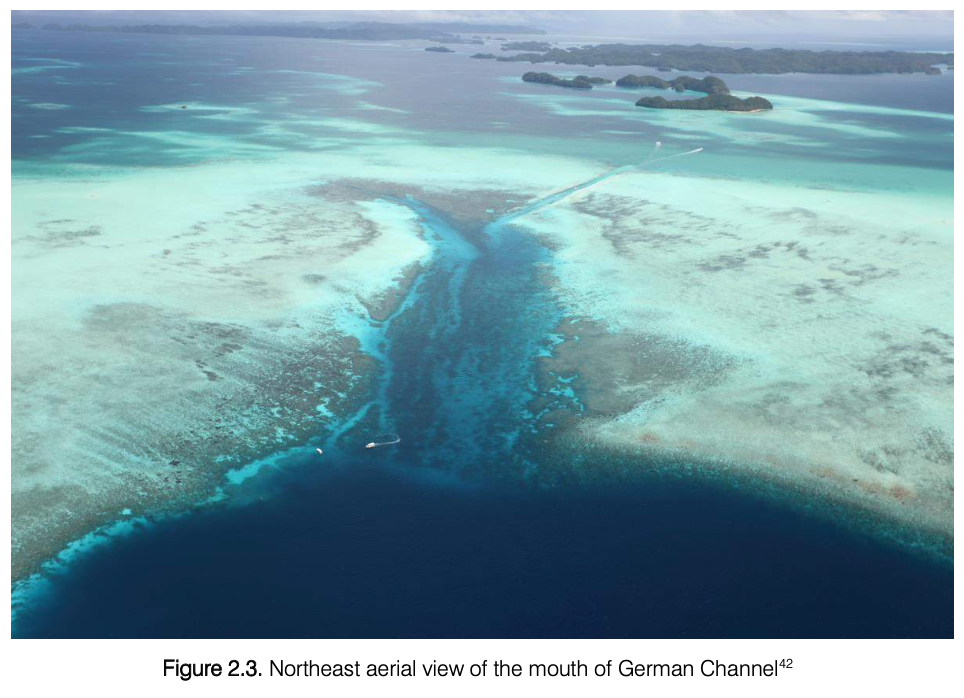
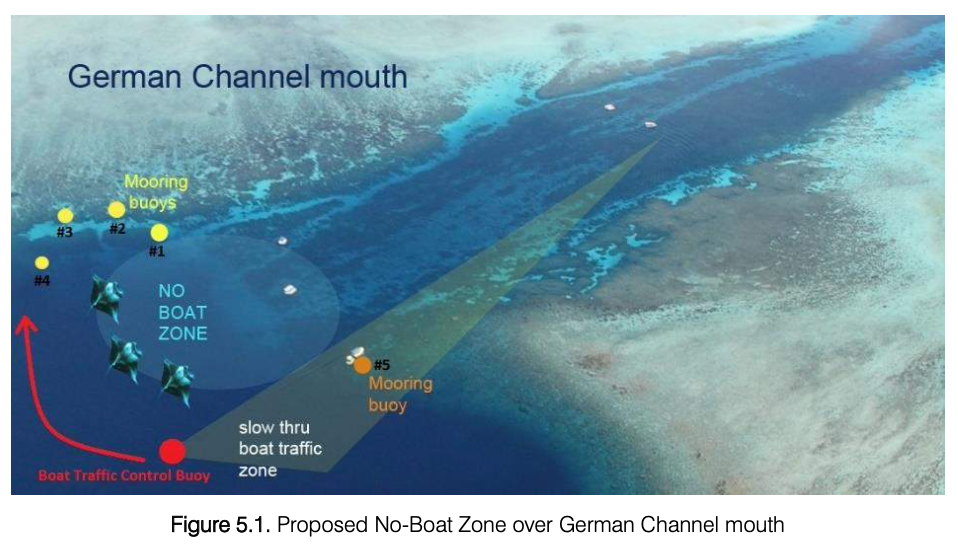
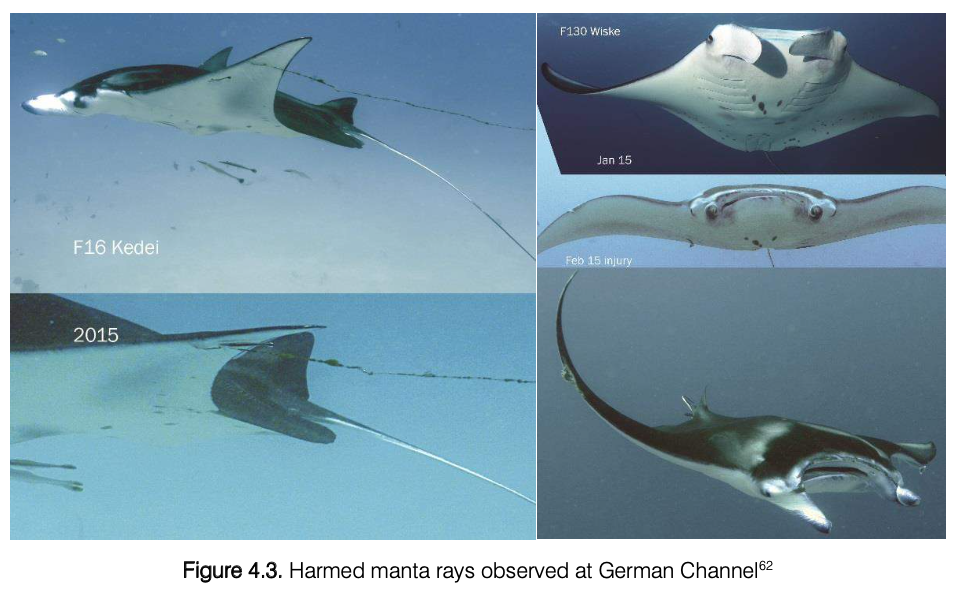
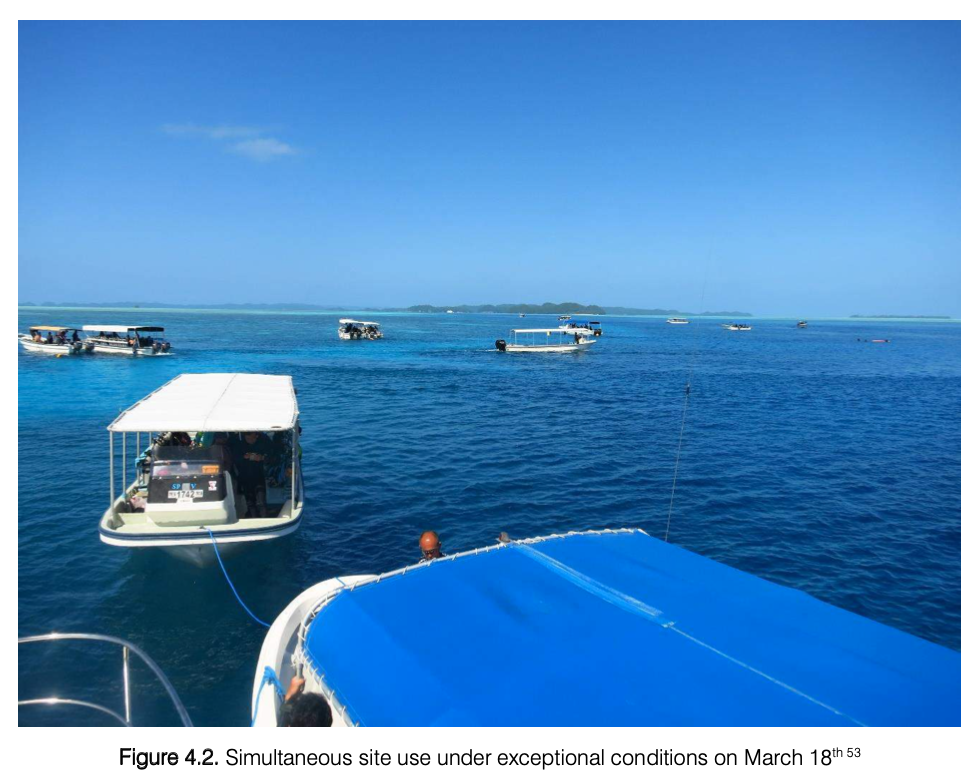
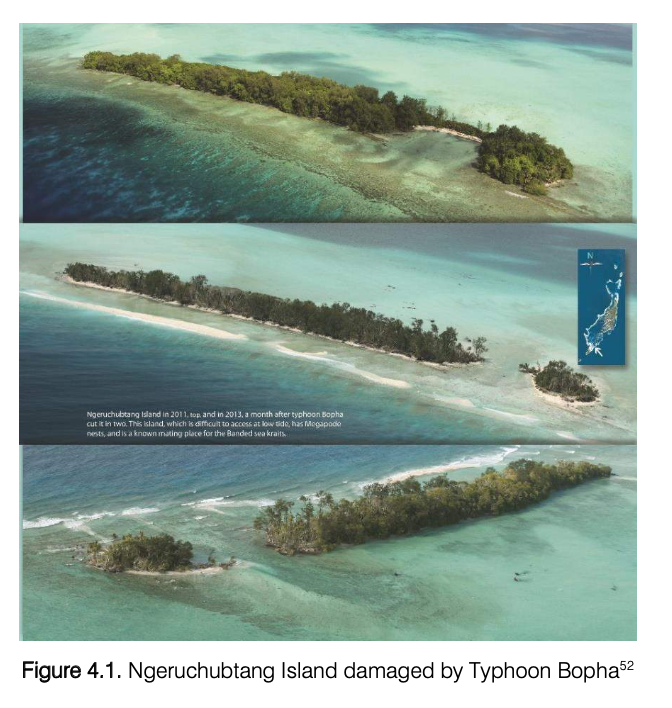
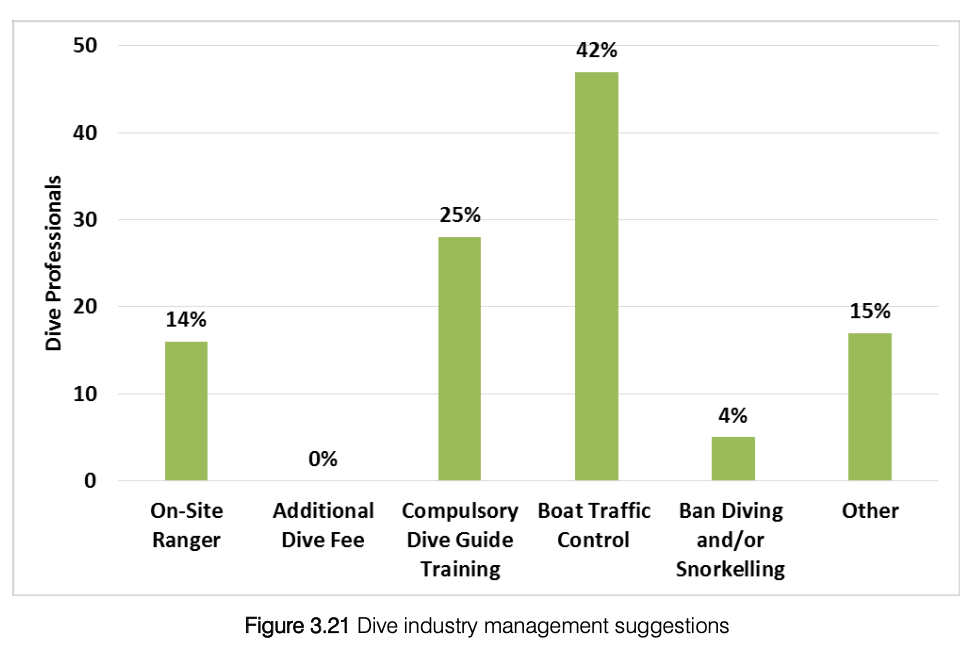
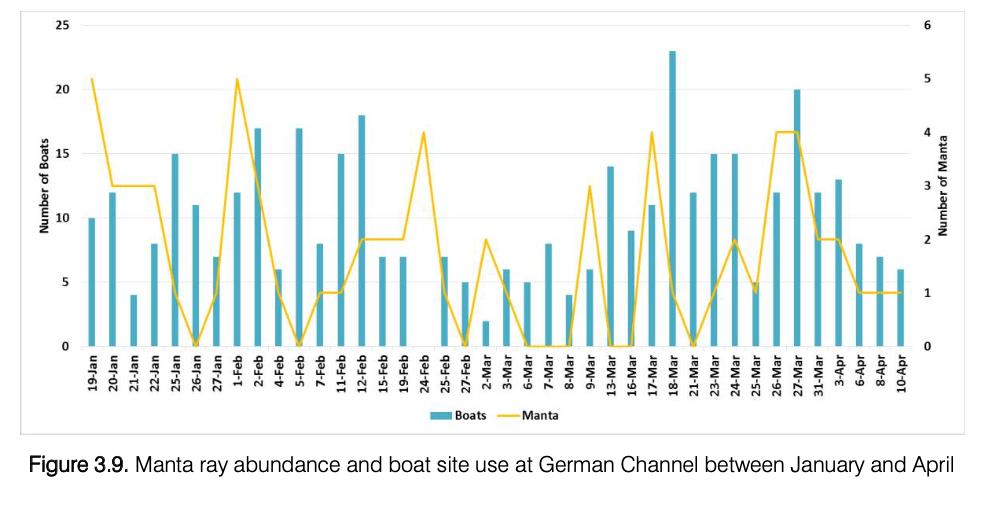
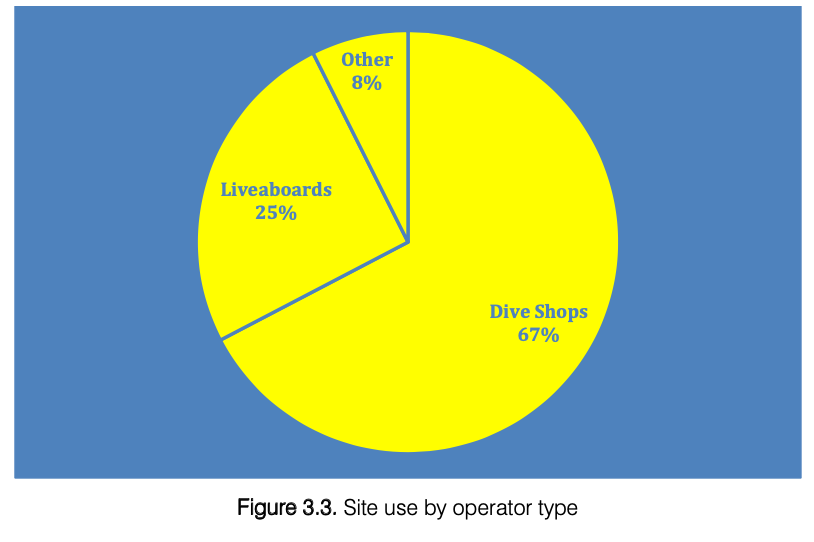
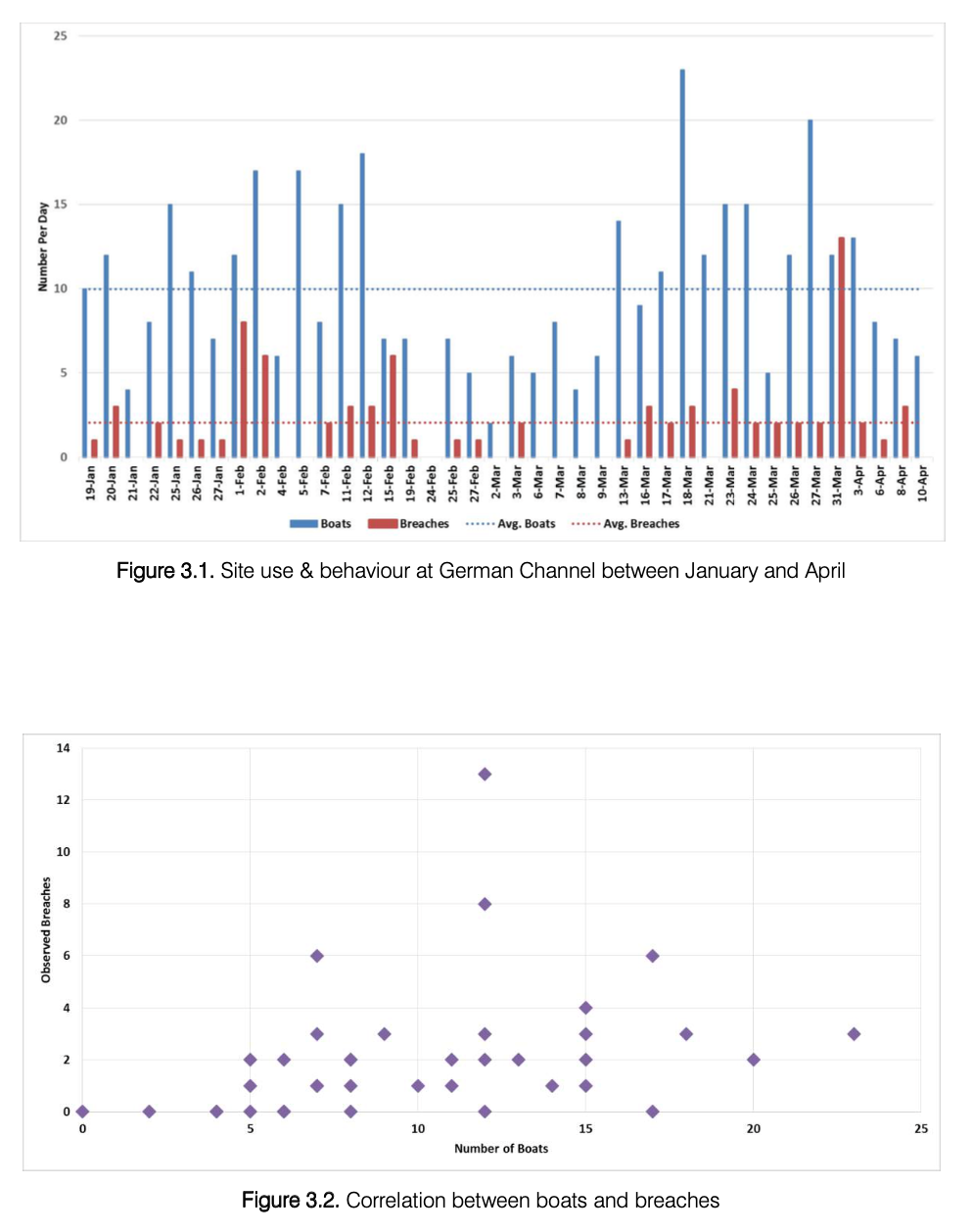
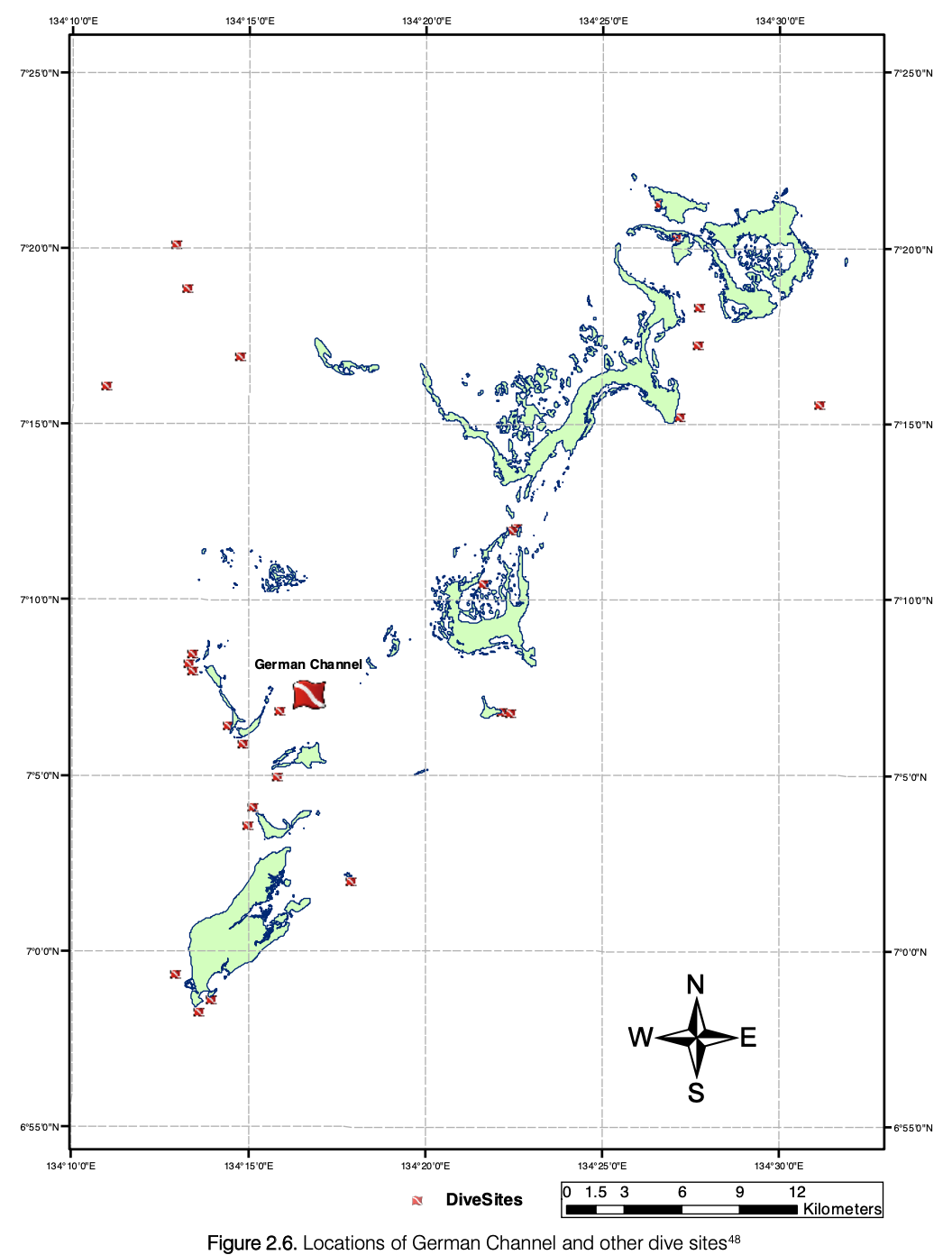
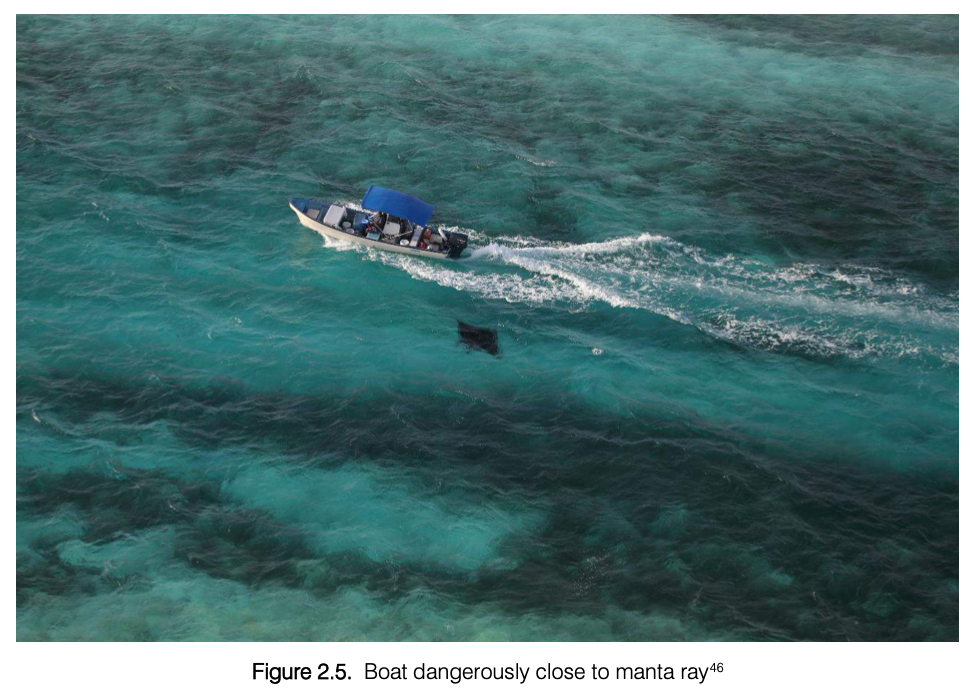
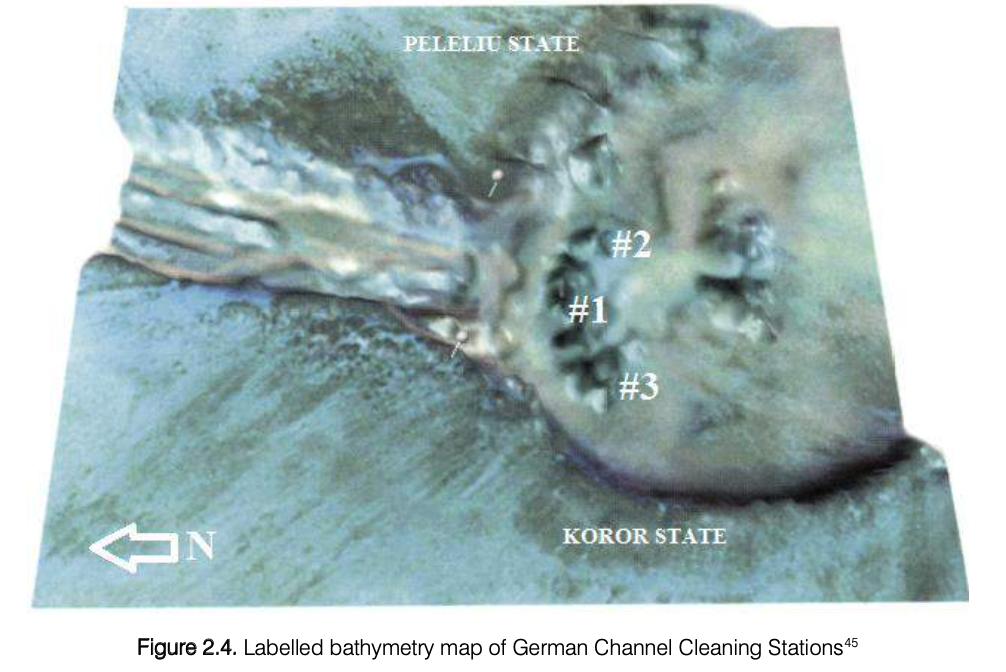
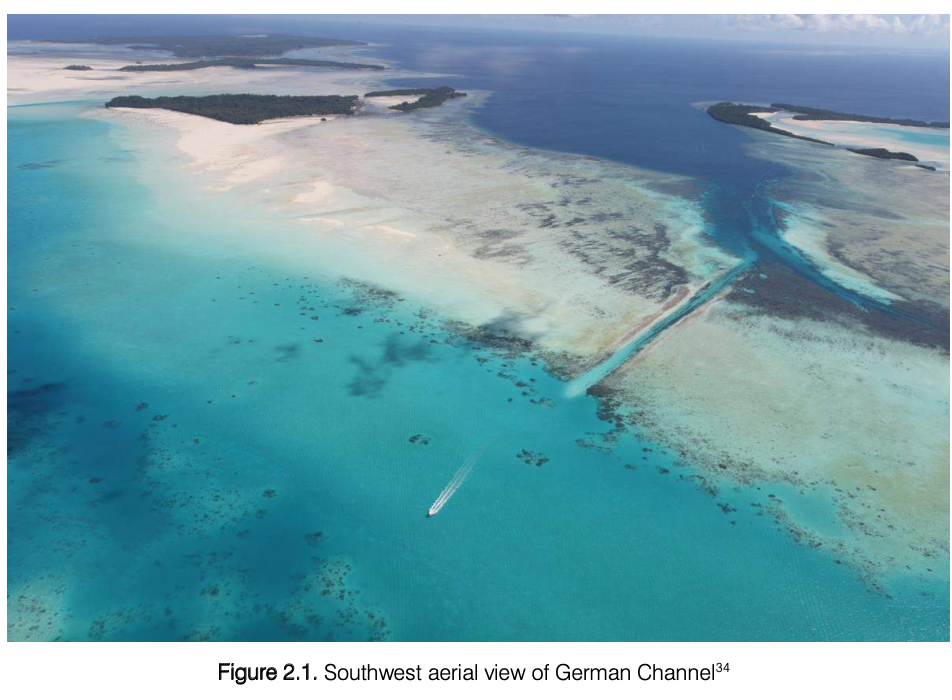
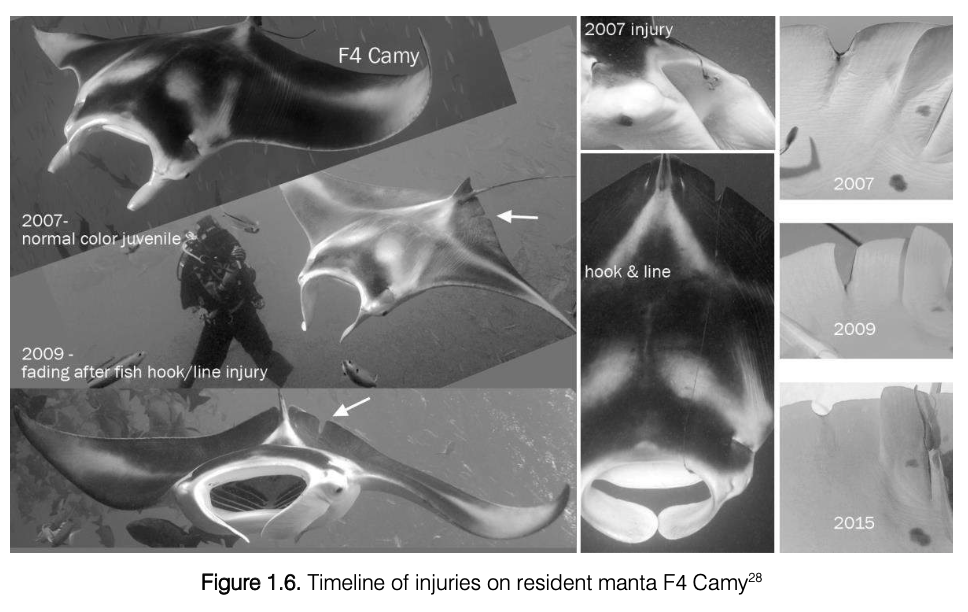
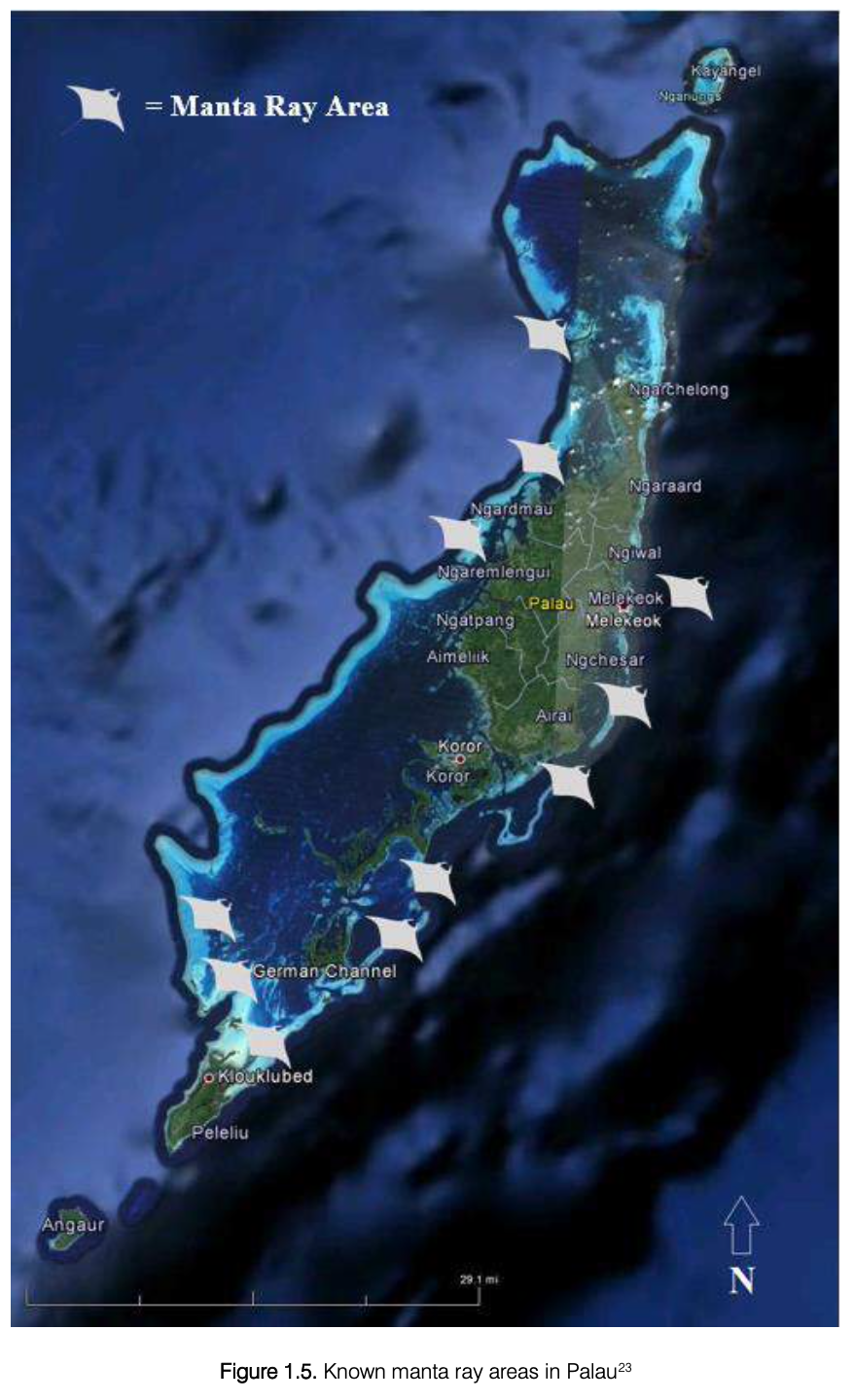
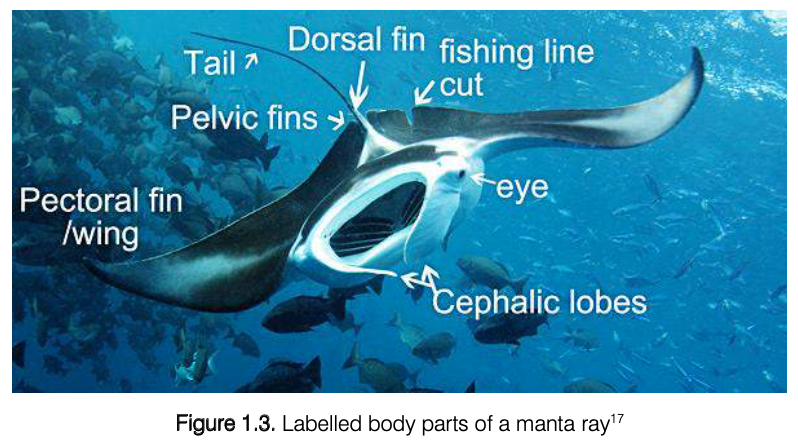
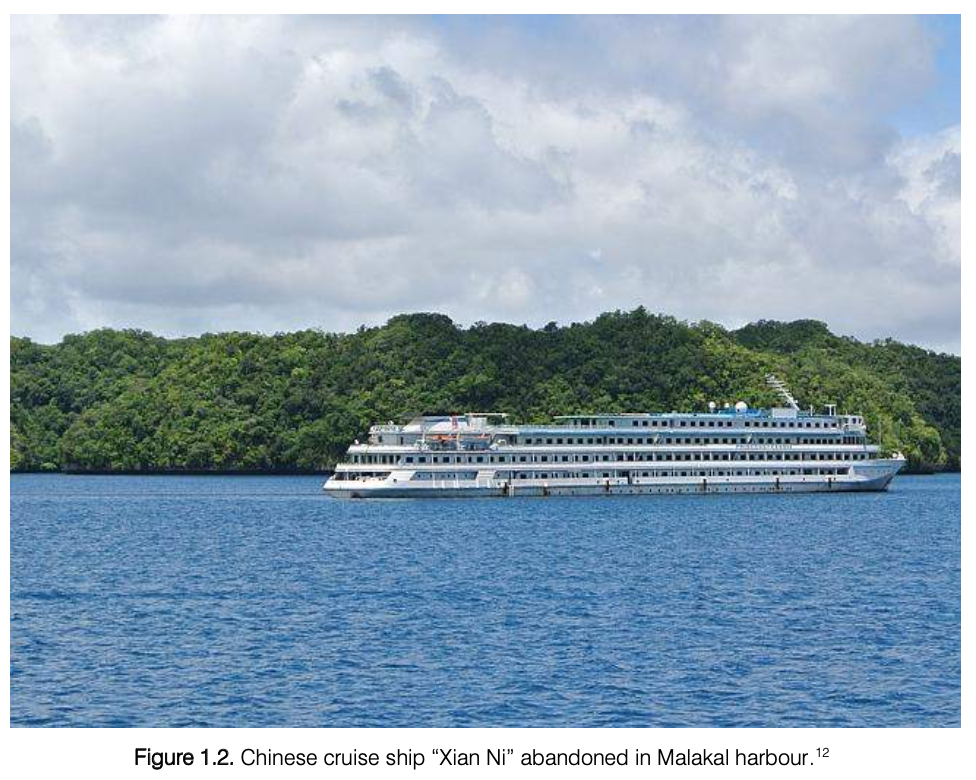
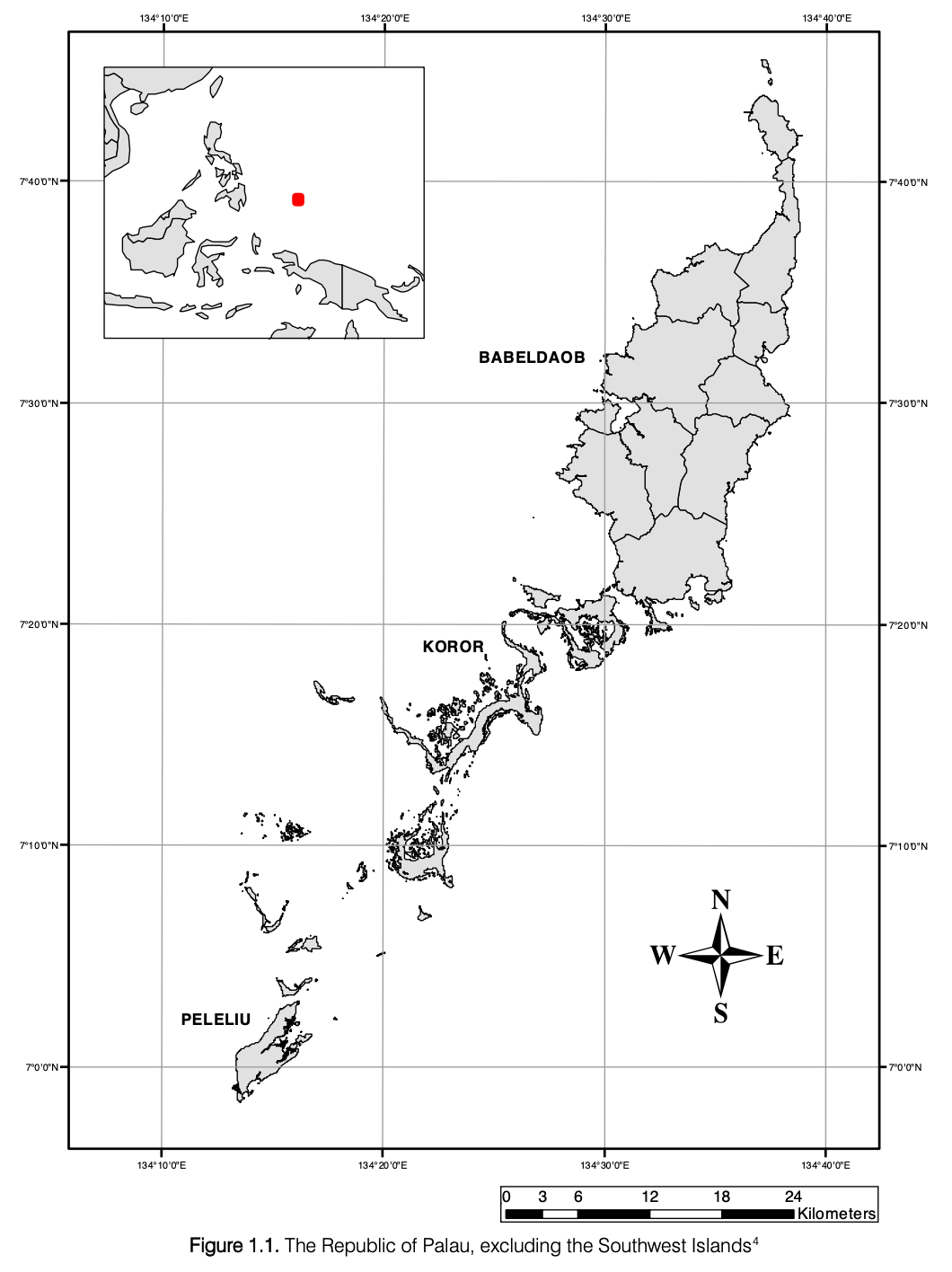
Summary: German Channel in Palau is a significant site both historically and ecologically, attracting manta rays. However, the lack of legislation and enforcement to protect the mantas and ensure sustainable management practices poses a threat. The site's current use is similar to the Tragedy of the Commons. Despite some conservation efforts, the manta ray watching season in 2015 was poor. Implementing measures such as a no-boat zone, boat moorings redistribution, on-site rangers, compulsory training for guides, and awareness campaigns can help protect the mantas and preserve the site. Proper management could increase the lifetime value of a resident manta ray at German Channel to over $622,000.
Abstract
“The historical origin and purpose of German Channel make this site one of Palau’s most important maritime assets due to its importance for local market dynamics. Paradoxically, the ecological disaster German Channel was in the 1900’s has become an ecological wonder that attracts a particularly charismatic plankton-eating fish species – Manta alfredi.
Current market dynamics at German Channel rely on the sustainability of its commercial utility as a passage and biological utility as a manta ray area; yet the lack of any legislation protecting manta rays nor enforcement of sustainable management practices make current site use at German Channel akin to a Tragedy of the Commons. Despite the inclusion of German Channel in the Ngemelis Island Conservation Zone (State of Koror, K9-229-10) and Rock Island Management & Conservation Act (State of Koror, K8-207-2009), current legislation and governance mechanisms remain insufficient. Facing a burgeoning tourism market, rapid precautionary measures need to take place in order to avoid situations such as Yap and Maldives were manta rays seem to avoid popular sites.
The 2015 manta ray watching season was very poor. Visitors’ success rate of encountering a manta ray was 40% with an average of 2, whilst 12 boats commonly used the site daily. Yet under conservative parameters, the estimated high season value of an individual reef manta from German Channel was approximately US$ 34,096. Manta rays are the most desired marine specie to watch by visitors of Palau, whom are willing to pay US$246.57 under a management scenario that ensures the species sustainability. If manta rays were to be protected by law and proper sustainable management practices enforced; the 50 year lifetime high season value of one resident manta ray at German Channel is estimated to be at least US$ 622,447.
In response to current site use pressure and taking into account the perceptions of key stakeholders, the following recommendations should be followed in order to avoid a tragedy of German Channel’s commons.
1. No-Boat Zone
Imposing a no-boat zone by law at German Channel to rapidly address pertinent site use pressure, create accountability for dangerous behaviour and ensure the safety of both tourists and manta rays.
2. Boat Moorings & Capacity
Boat mooring redistribution to avoid vessels floating above divers and mantas under certain conditions, likewise large vessel allocation to the furthest buoys. Installation of protective PVC pipes on all mooring lines.
3. On-Site Ranger
Visible presence of the rangers to all stakeholder in order to deter illegal behaviour. Enacting of proper legislation in order to make dangerous behaviour accountable to ranger enforcement.
4. Compulsory Training
Establish further credential mechanisms to make guides accountable to misconduct and distinguish guides based on experience managing activities at popular sites like Jellyfish Lake, Blue Corner and German Channel.
5. Awareness & Scientific Research
A government-sponsored app that enables any stakeholder to quickly compare a manta ray belly photograph with a centralized database. Develop an obligatory video on manta ray watching that explains best-in-class practices for both diving and snorkelling to visitors whom want to partake in these activities.”
Author Affiliations
Columbia University
The Manta Trust
